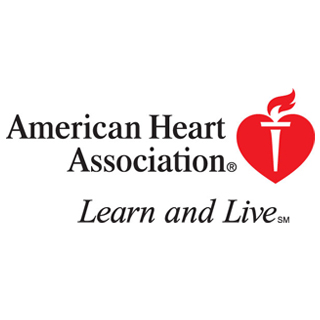
4,236 kindergarten boys and girls in an average age group of 5.7 years were subjected to a standard school health exam. Authors also measured blood pressure levels among all the participants. As per the information gathered, 28.5 percent fathers, 20.7 percent mothers and 11.9 percent both parents were smokers. Kids with a smoking parent apparently were 21 percent more likely to have systolic blood pressure. The results were ascertained after adjusting for other heart disease risk factors, namely birth weight, BMI and hypertension in parents. While second-hand smoke heightens risk of blood pressure at the upper end of normal, some of the study subjects already had high blood pressure.
Giacomo D. Simonetti, M.D., first author of the study at the University of Heidelberg in Germany and currently assistant professor of pediatrics at the Children’s Hospital of the University of Berne in Switzerland, quoted, “The prevention of adult diseases like stroke or heart attack begins during childhood. Parental smoking is not only negative for children’s lung function, but poses a risk for their future cardiovascular health.â€
Factors such as having parents with high blood pressure, being born prematurely or at a low birth weight, being overweight or obese were also taken into consideration. Incidences of blood pressure appeared higher in kids having parents who smoked. The impact was probably greater for systolic blood pressure with an average increase of 1.0 mm Hg than diastolic blood pressure having an average elevation of 0.5 mm Hg. Smoking by mothers may have a larger impact than fathers, because more of their smoking was done in the home while fathers smoked more at their workplaces.
The study is published in Circulation: Journal of the American Heart Association.
